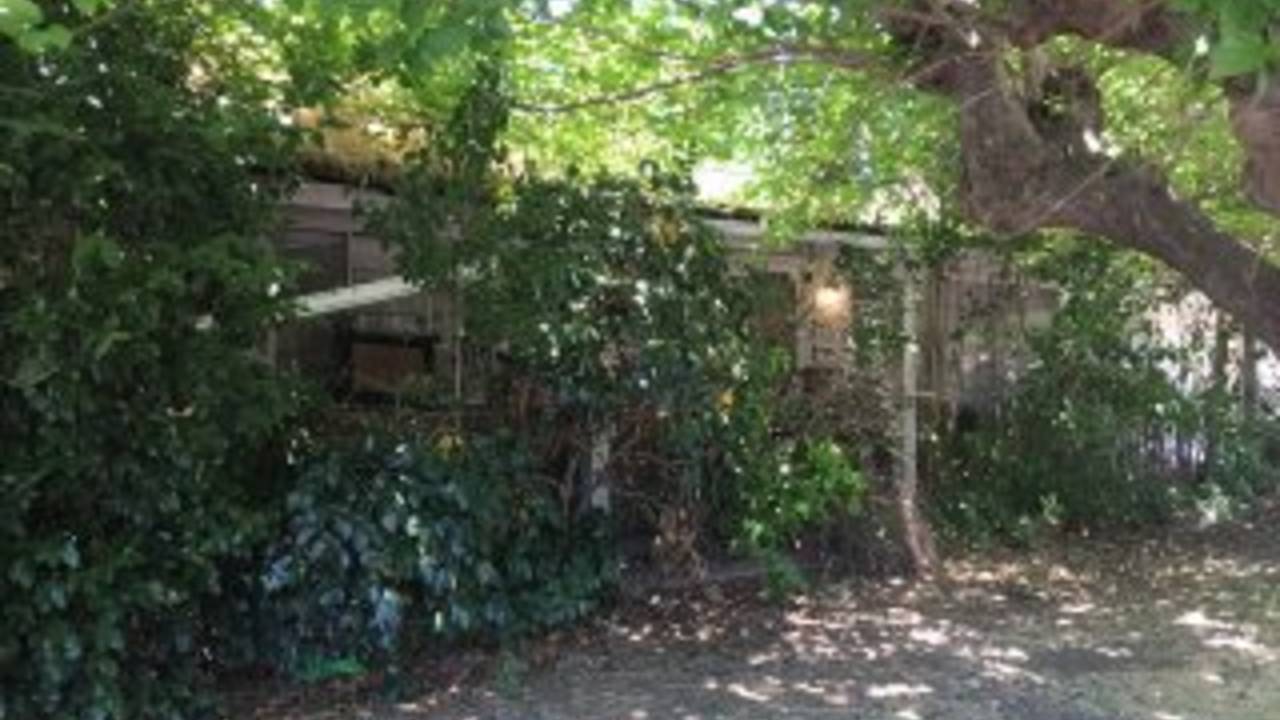In real estate, everything is a negotiation. Its about coming to terms with what a seller wants and the buyer is willing to pay and visa versa when it comes to inspections.. That give and take is the key to a successful transaction. It is about coming to terms with reality, and when your home is in less than perfect condition, your reality is a balance between what the buyer wants and what you, the seller is willing to concede or fix because at some point the deal will hang in the balance based on that list.
I see it all of the time and the home inspection(s) are usually the deal breakers. Especially when you consider that over 95% of all home buyers will want at least one inspection before they make their final decision.
Most Sellers are unaware of he impact of the home inspection process and the truth of the matter is that they usually come in threes.
- The General Home Inspection
- Termite
- Roof
The other reality is that home inspectors are paid by the buyer to find all of the problems. It is their obligation to do so and detail them, and when the tally is complete, most sellers view the results as unbelievably petty and nit picky. They are.
Read more on how home inspections can kill the sale:
In this post I want to cover the things that you should ask to have fixed and what things should you ultimately take care of yourself? In our latest post, we will help you determine what to request be fixed and what items you should accept as-is.
 As the Seller you need to review the list and determine what you are willing to do. You need to keep in mind your goals and the overall condition of the house and your motivation to sell. If the house is in less than perfect condition and the sales price reflects that as an As -Is sale, then there may be no need for you to do anything at all.
As the Seller you need to review the list and determine what you are willing to do. You need to keep in mind your goals and the overall condition of the house and your motivation to sell. If the house is in less than perfect condition and the sales price reflects that as an As -Is sale, then there may be no need for you to do anything at all.
If however you have listed your house with the intent to get top dollar and there are many major things wrong, you need to re-evaluate your whole game plan and look at the list of items wrong from the buyer lens. You may need to lower the price or just start making the repairs. The major issues are not going to fix themselves and chances are the next buyer will see the same things.
But, for the seller it is truly a waiting game. In most cases it makes no sense to just start making repairs.
Be prepared... some buyers will just abandon the purchase altogether.
As for Buyers, when it comes to requesting repairs, you should typically only expect major things to be fixed. Items that will have an adverse effect on your enjoyment of the home. You don't want to be too demanding and lose out on the house.
You should not be creating a massive punch list of items to fix before move-in. Cosmetic fixes of any sort should can be left alone unless you just have to have them completed. Just remember that there are certain fixes the lender may require before approving the loan and releasing the funds.
Read more about home inspections:
After the Home Inspection in Stockton: What to Fix and What to Forget
Typically, you should expect/ask for the following to be covered...
Structural Issues - This includes cracks in the walls or foundation and other things that can turn into much larger problems. Some settling is common and can be seen in small cracks around doors and windows. However, if the doors are all misaligned and there are significant cracks throughout, it is a sign of a bigger more costly issue.
Code Violations - A licensed home inspector does not enforce the code, nor are they required to stay up to date on the continuously changing rules. However, they can determine if there is a safety concern. You should also be suspicious if the county lists a home with say 3 bedrooms, but when you view the house, there is 4. This likely means the proper permits were not pulled during construction.
Electric - Electricity is a requirement to live in the house. If there are any electrical problems, they should be resolved before the sale is final.
AC/Heat - Air Conditioning and heat is another major necessity (especially in certain climates!) And issues with the functionality should be addressed and taken care of.
Plumbing - This is another lingering issue in many homes that the seller should take care of before move-in. Plumbing problems can lead to much greater damage down the road.
Pests - Any termite, rodent or other pest problem should be taken care of before moving in. Most reasonable sellers will agree to this!
And these should be left alone...
Cosmetic Flaws - While a good seller will take care of paint, carpets and a missing baseboard, you can't expect a seller to fix these things after the house has been put on the market. These items will fall on the seller to fix.
Anything Less Than $100 - It would be great to move into a perfect house, but unless you are buying new, that will rarely be the case. Know this before you buy. You should be prepared to take care of small repairs on your own. Asking for these things to be fixed will only make you appear high-maintenance and might cause the seller to look at the next offer.
Other Small Repairs - Don't assume that because a light switch isn't working that the electrical system has gone bad. Often times, these things are easily repaired. Your inspector will let you know if you should be worried about a larger problem.
Yard Maintenance - The yard will typically be sold "as-is." Unless there is a major safety concern, (like a massive hole in the front yard,) you can't expect any cleaning or outdoor upgrades to be done by the seller.
When negotiating repairs after the home inspection(s), the process will be "give and take." Buyer's cannot always expect a seller to fix every detail nor should you buy a house with major structural problems. My advice, have the seller fix the big stuff, but take care of smaller things on your own!
Are You Ready to Sell A Home In Stockton? We are here to help you before you decide to list. When we buy houses we don't ask for Inspections or contingencies of any kind. We buy houses in their current as - is condition and pay cash. No lenders, no time bombs and no inspections. Send a message or give our office a call anytime! 209-481-7780



Comments(0)